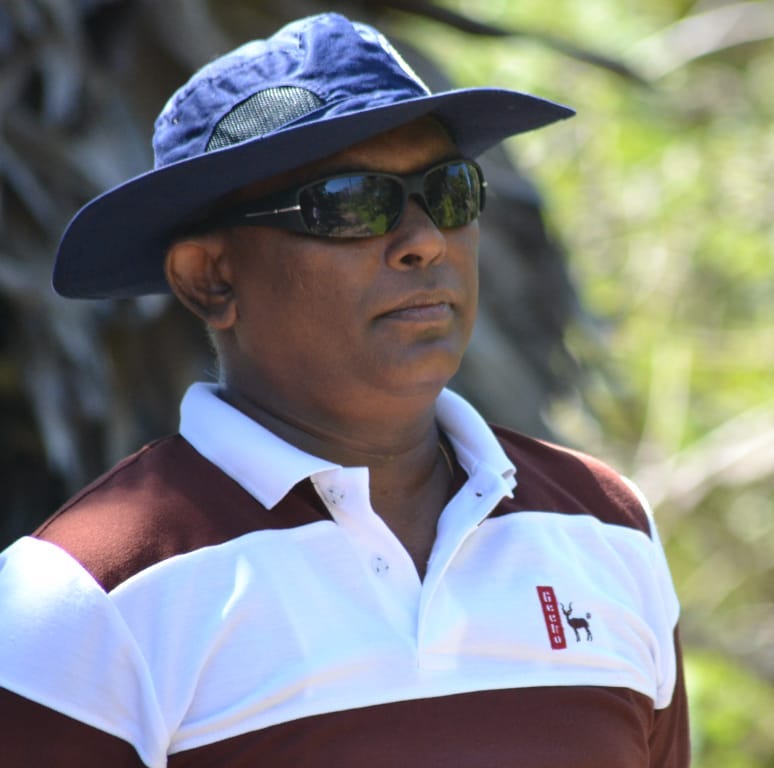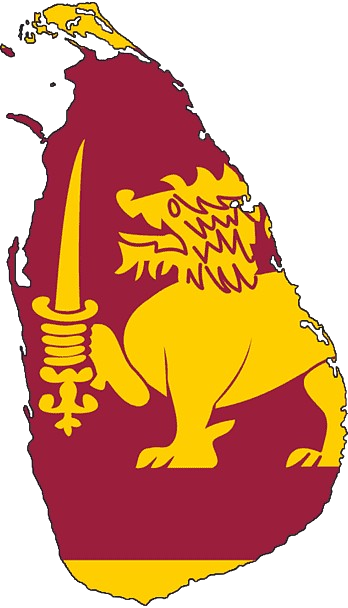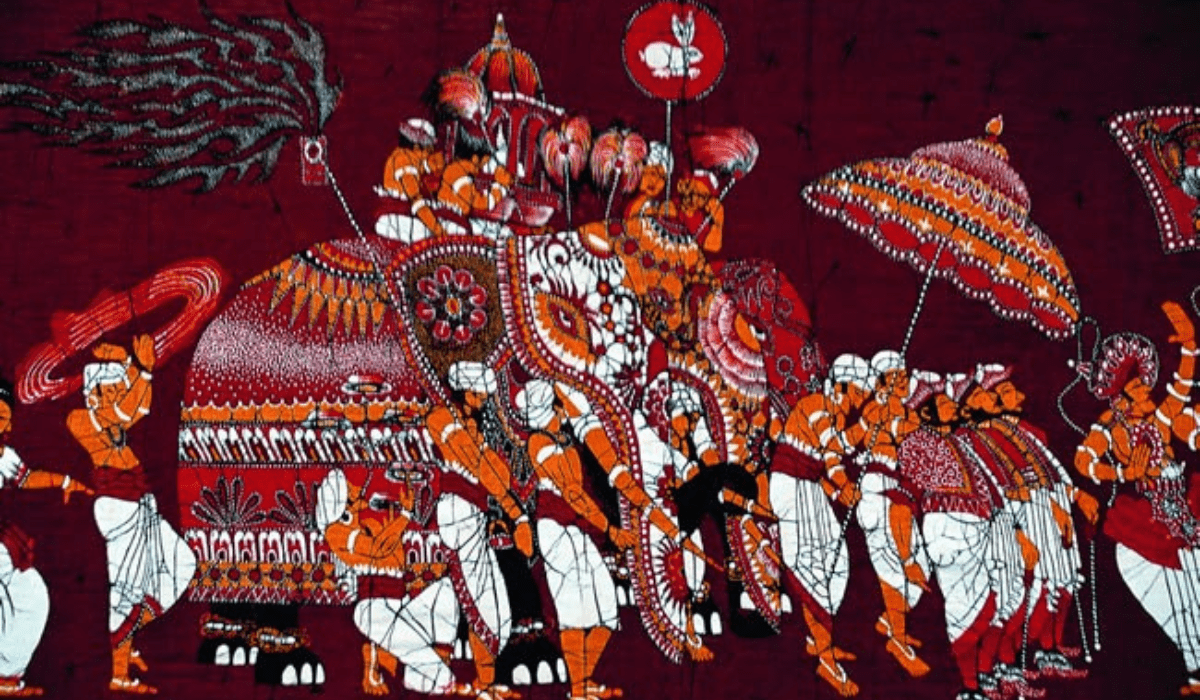Introduction
Table of Contents
The Muslim festival in Sri Lanka, celebrated with fervor and devotion, is a significant cultural event that has deep roots in the island’s history. The Muslim community, which forms an integral part of Sri Lanka’s multicultural society, observes several important festivals, with Eid-ul-Fitr and Eid-ul-Adha being the most prominent. These festivals, based on the Islamic lunar calendar, mark the end of Ramadan and the annual pilgrimage to Mecca (Hajj), respectively. This article delves into the history, cultural significance, and traditional perspectives of these festivals, highlighting the major contributions of the Muslim population in Sri Lanka.
Historical Background
The presence of Muslims in Sri Lanka dates back to the 7th century when Arab traders began frequenting the island for its strategic location along the maritime silk route. Over time, these traders settled in Sri Lanka, bringing with them their rich cultural and religious traditions. The festivals they observed became an integral part of the island’s cultural mosaic, blending seamlessly with the local customs and traditions.
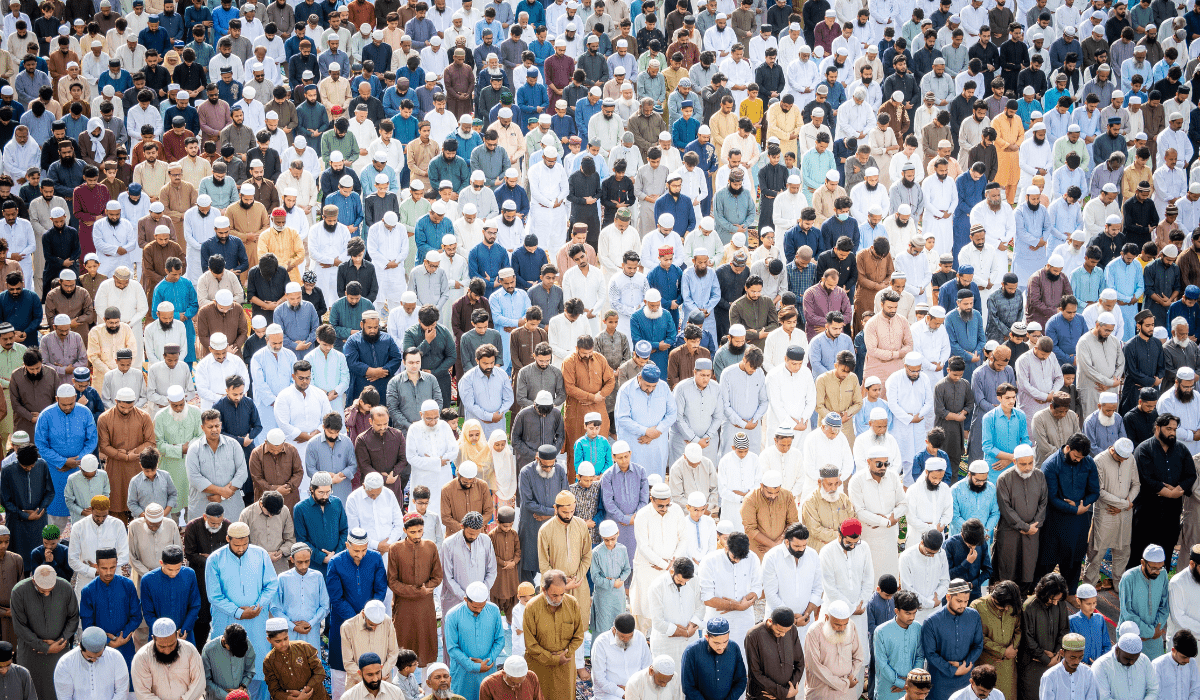
Eid-ul-Fitr and Eid-ul-Adha are the two major Muslim festivals celebrated in Sri Lanka. Eid-ul-Fitr, also known as the “Festival of Breaking the Fast,” marks the end of Ramadan, the Islamic holy month of fasting. Eid-ul-Adha, or the “Festival of Sacrifice,” commemorates the willingness of Prophet Ibrahim (Abraham) to sacrifice his son as an act of obedience to God. These festivals are observed with great reverence and joy by the Muslim community across the island.
Cultural Significance
The Muslim festivals in Sri Lanka are not just religious observances but also cultural events that bring together families and communities. They serve as a reminder of the rich cultural heritage of the Muslim population and their contributions to the island’s diversity.
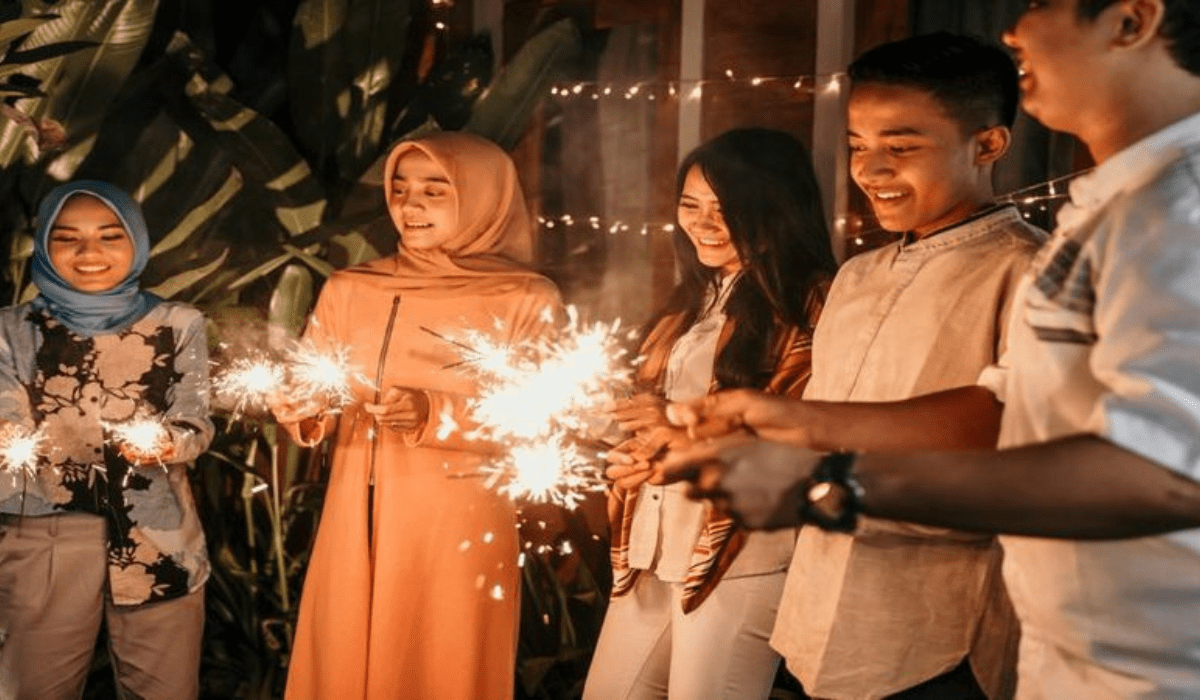
Eid-ul-Fitr
Eid-ul-Fitr is a time of joy and celebration, marking the end of a month-long period of fasting and spiritual reflection. The festival begins with a special prayer, known as the Salat al-Eid, performed in congregation at mosques or open grounds. The prayer is followed by a sermon and a supplication asking for forgiveness, mercy, and peace for all beings.
One of the key cultural practices associated with Eid-ul-Fitr is the giving of Zakat al-Fitr, a form of charity given to the less fortunate. This act of giving ensures that all members of the community, regardless of their economic status, can partake in the festivities. It embodies the spirit of compassion and social responsibility that is central to the Islamic faith.
The day is marked by feasting and socializing, with families preparing and sharing a variety of traditional dishes. Special sweets and delicacies such as baklava, maamoul, and dates are enjoyed, and homes are decorated to create a festive atmosphere. Visiting relatives and friends, exchanging gifts, and offering greetings of “Eid Mubarak” are common practices that strengthen social bonds and foster a sense of community.
Eid-ul-Adha
Eid-ul-Adha, also known as the “Festival of Sacrifice,” holds profound religious and cultural significance for Muslims. It commemorates the story of Prophet Ibrahim’s willingness to sacrifice his son as an act of obedience to God, a story that is also revered in Christianity and Judaism. In remembrance of this event, Muslims around the world perform the ritual sacrifice of an animal, usually a goat, sheep, or cow.
The sacrificial meat is divided into three parts: one part for the family, one part for relatives and friends, and one part for the less fortunate. This practice, known as Qurbani, emphasizes the values of charity, sharing, and compassion. It ensures that everyone in the community can partake in the festival’s joy, regardless of their financial status.
Eid-ul-Adha is also marked by special prayers, family gatherings, and festive meals. Traditional dishes such as biryani, kebabs, and various meat curries are prepared and shared with loved ones. The festival is a time for reflection on one’s faith and the importance of obedience to God, as well as an opportunity to strengthen family and community ties.
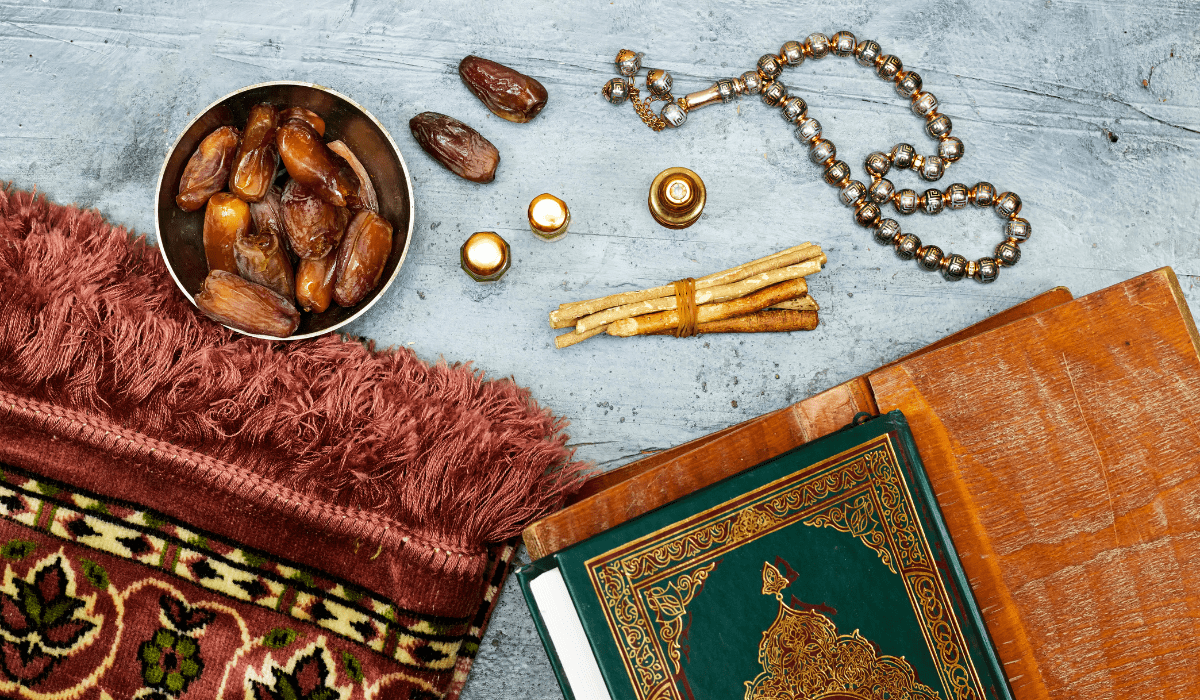
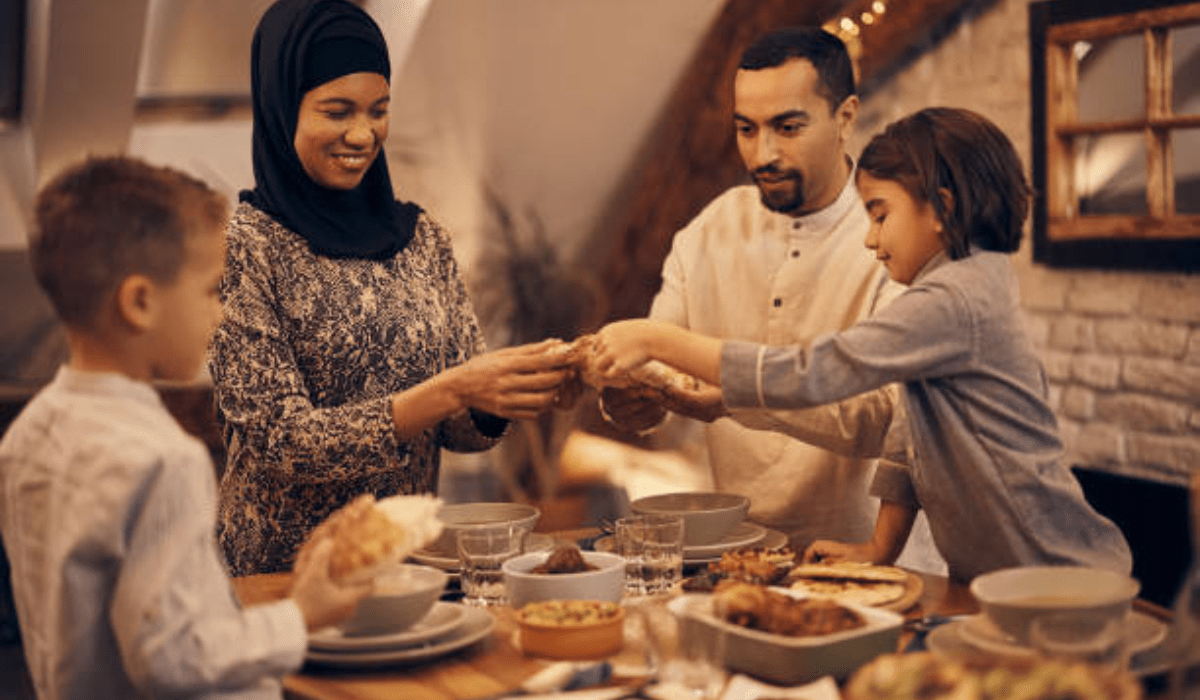
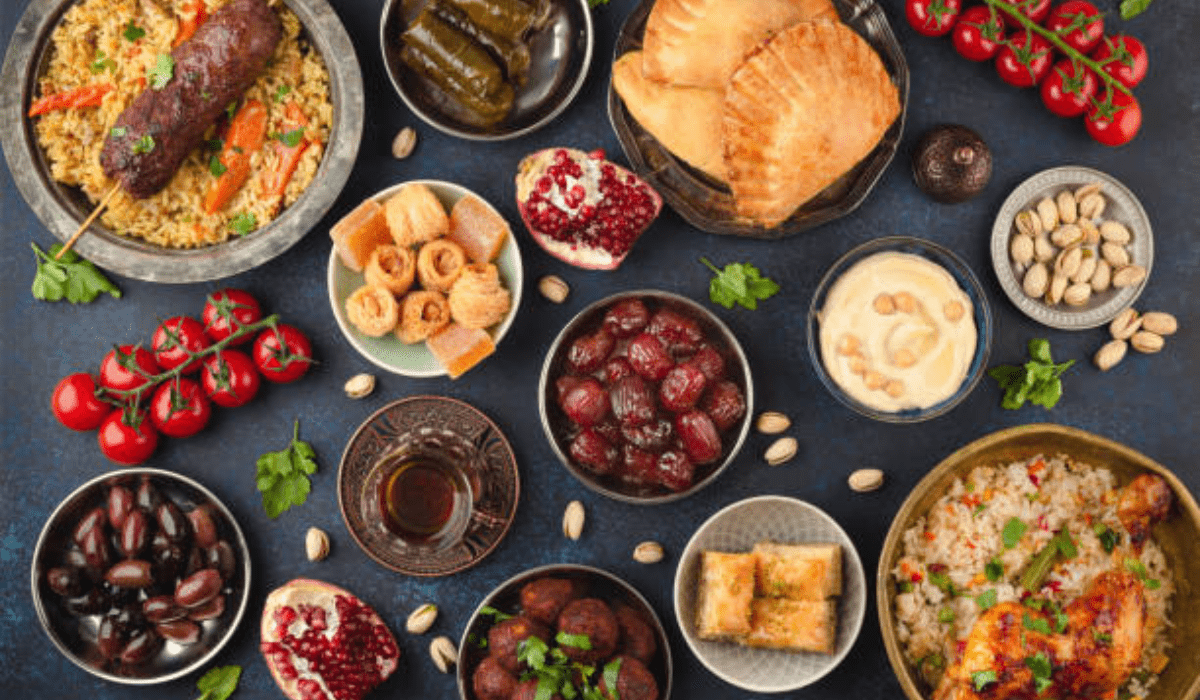
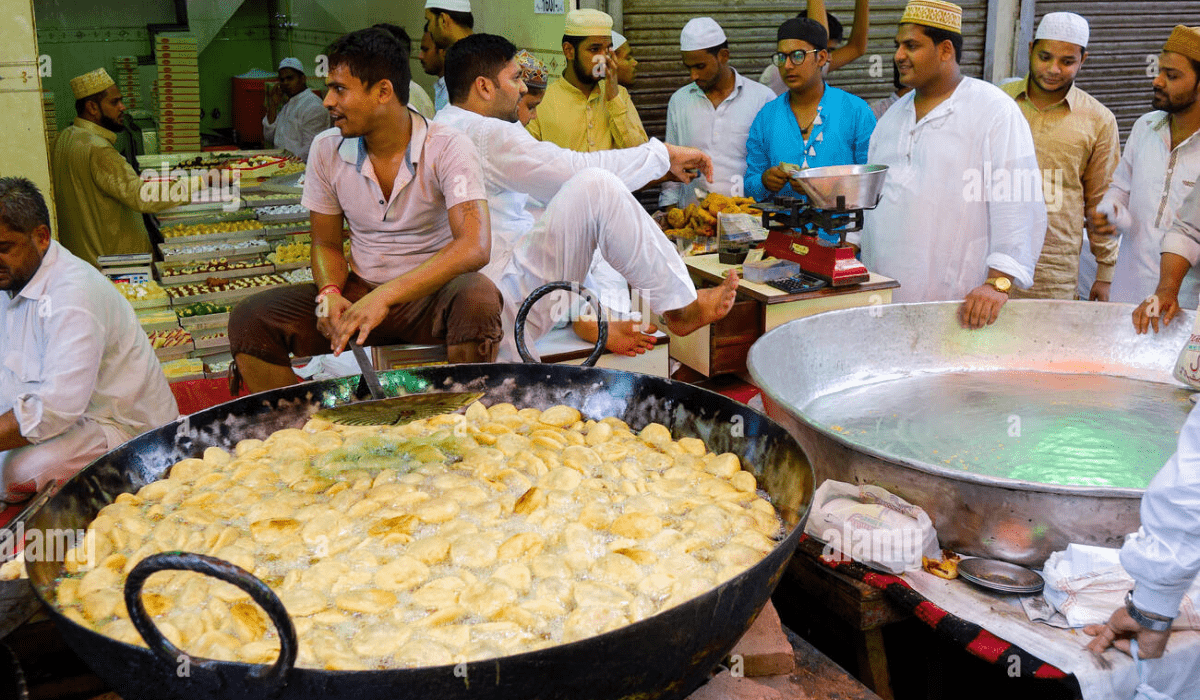
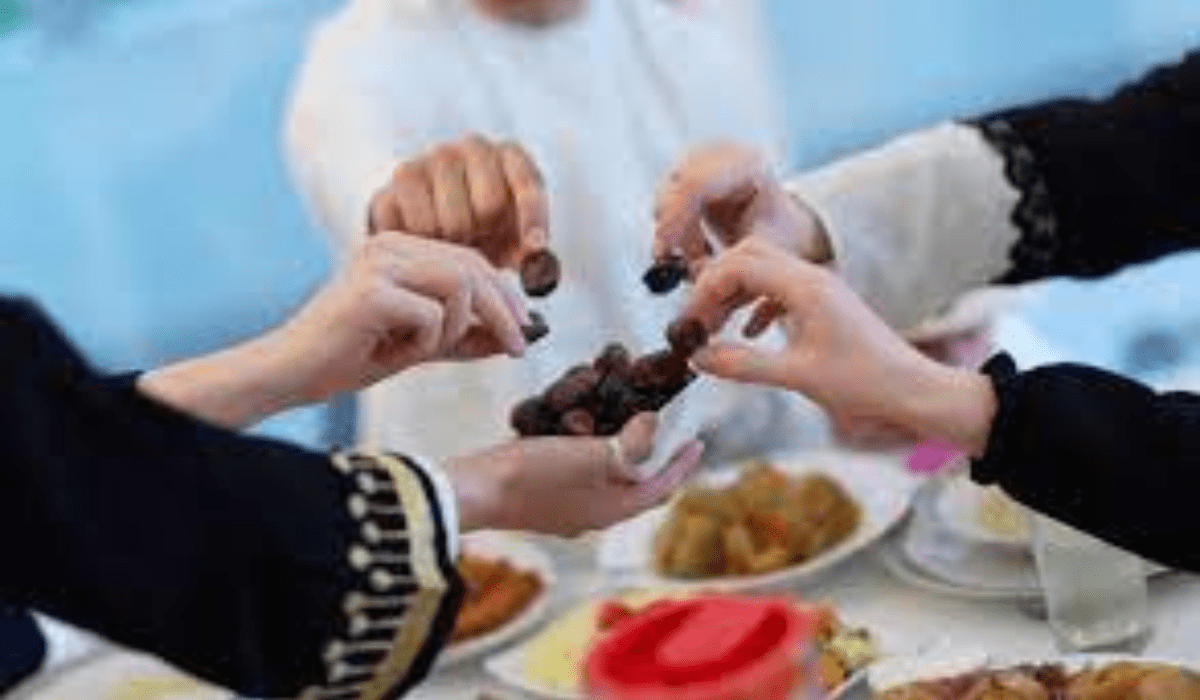
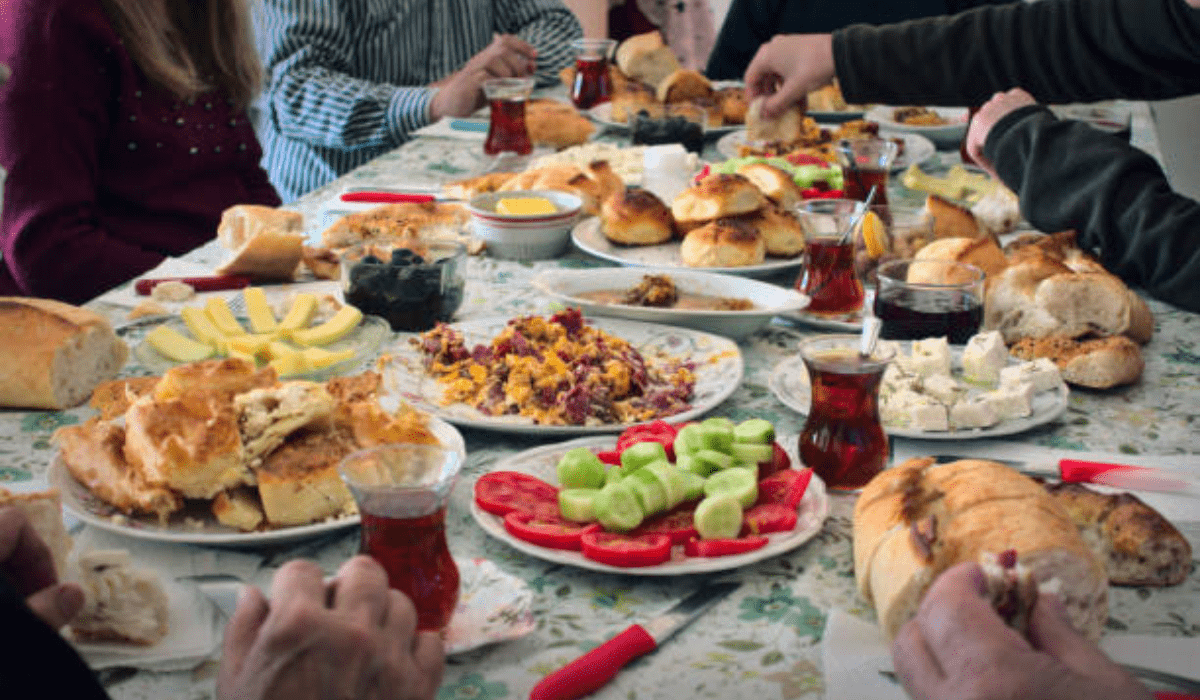
Traditional Perspectives
The traditional perspectives of the Muslim festivals in Sri Lanka are deeply rooted in the teachings of Islam and the cultural practices of the local Muslim community. These festivals are observed with a blend of religious devotion and cultural customs that have been passed down through generations.
Ramadan and Eid-ul-Fitr
Ramadan, the holy month of fasting, is a time of spiritual reflection, self-discipline, and increased devotion for Muslims. The fast, from dawn to sunset, is observed as an act of worship and a means of attaining closeness to God. The end of Ramadan is marked by the sighting of the new moon, which signifies the beginning of Eid-ul-Fitr.
The preparations for Eid-ul-Fitr begin with the purchase of new clothes and gifts, and the cleaning and decorating of homes. The special prayer performed on the morning of Eid is a communal event that brings together Muslims from all walks of life, fostering a sense of unity and solidarity. The giving of Zakat al-Fitr before the prayer ensures that everyone can celebrate the festival with dignity and joy.
Hajj and Eid-ul-Adha
The Hajj pilgrimage, one of the Five Pillars of Islam, culminates in the celebration of Eid-ul-Adha. Muslims who are physically and financially able to undertake the pilgrimage travel to Mecca to perform a series of rituals that commemorate the actions of Prophet Ibrahim. Those who cannot make the journey observe the festival in their home communities.
The ritual sacrifice performed on Eid-ul-Adha is a profound act of worship that symbolizes submission to God’s will. The distribution of the sacrificial meat to the less fortunate is a key aspect of the festival, reinforcing the values of charity and social responsibility. The special prayers and family gatherings further enhance the sense of community and shared faith.
Contribution of the Muslim Population in Sri Lanka
The Muslim population in Sri Lanka has made significant contributions to the island’s cultural and social fabric. Their observance of the Muslim festivals and the associated customs and traditions have enriched the island’s multicultural heritage.
Cultural Integration
The Muslim festivals in Sri Lanka are celebrated with a unique blend of Islamic traditions and local customs. This cultural integration is evident in the food, clothing, and practices associated with the festivals. The traditional attire worn on these occasions, such as the sarong and sari, reflects the fusion of Islamic and Sri Lankan cultures.
Social Cohesion
The communal aspect of the Muslim festivals promotes social cohesion and mutual respect among the island’s diverse communities. The acts of charity and sharing that are central to these festivals foster a sense of solidarity and compassion, bridging social and economic divides. The celebrations provide an opportunity for Muslims and non-Muslims alike to come together, learn about each other’s traditions, and build stronger community bonds.
Economic Impact
The Muslim festivals also have a positive economic impact on Sri Lanka. The increased demand for goods and services during the festive season boosts local businesses and markets. The preparation and sharing of traditional foods, the purchase of new clothes and gifts, and the hosting of communal events all contribute to the local economy.
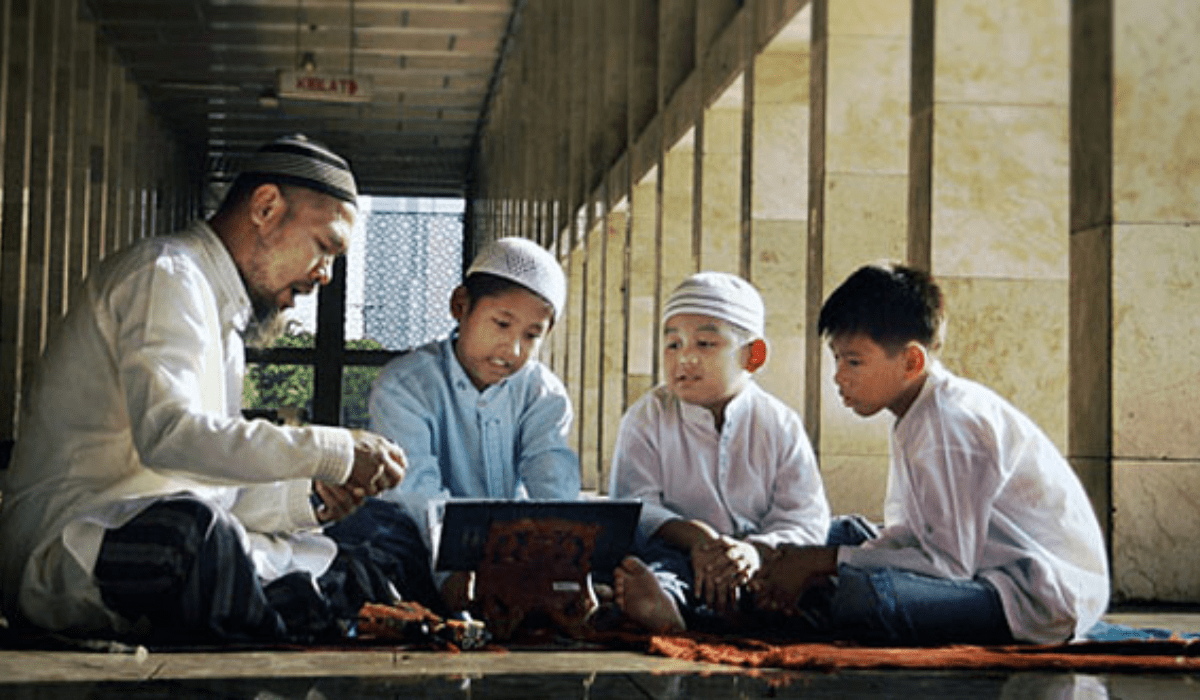
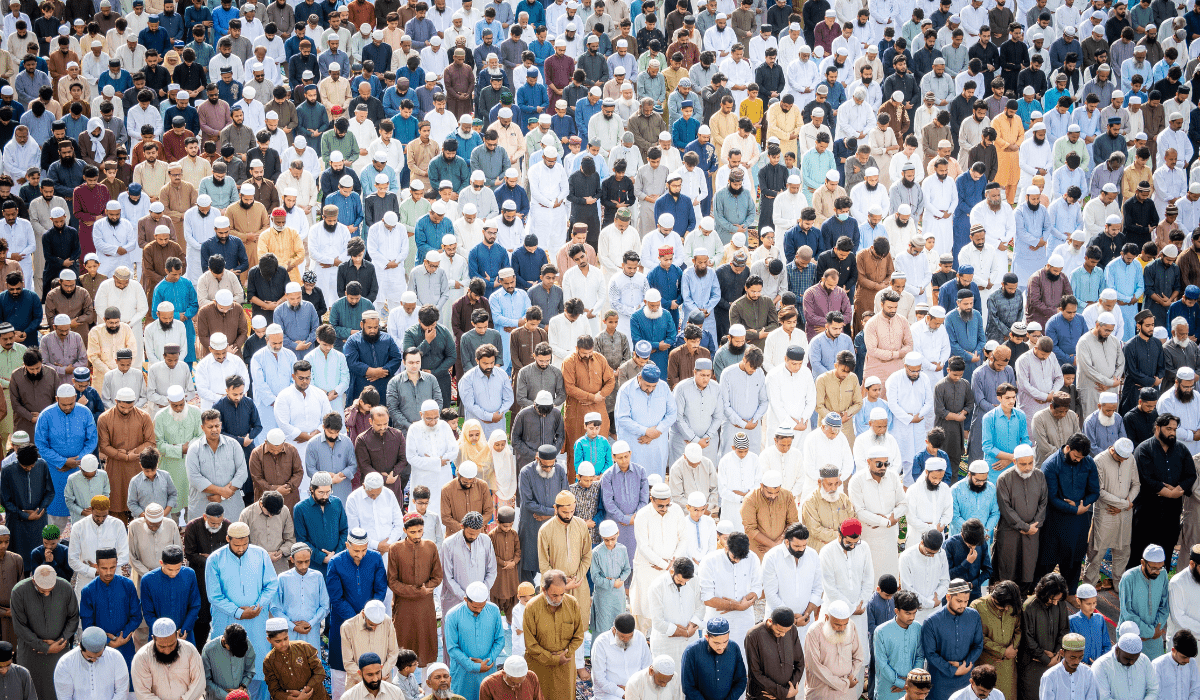
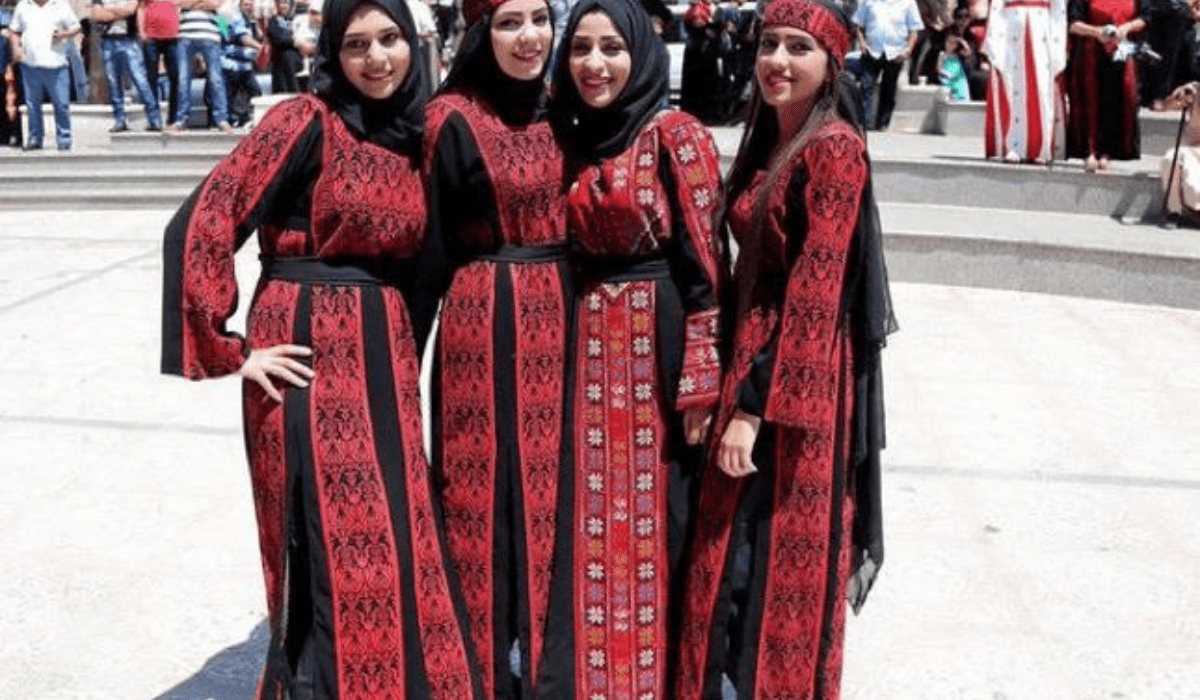
Conclusion
The Muslim festival in Sri Lanka, with its rich history and cultural significance, is a testament to the island’s diverse and vibrant heritage. Celebrated with devotion and joy, these festivals bring together the Muslim community in a spirit of unity and shared faith. The traditional customs and practices associated with Eid-ul-Fitr and Eid-ul-Adha reflect the deep-rooted values of charity, compassion, and social responsibility that are central to the Islamic faith.
For visitors to Sri Lanka, experiencing the Muslim festivals offers a unique insight into the island’s multicultural society and the harmonious coexistence of its diverse communities. The celebrations provide an opportunity to witness the rich cultural traditions and the spirit of unity that define the Muslim population in Sri Lanka. As the island continues to embrace modernity, the essence of these festivals remains intact, preserving their historical significance and cultural values for future generations.
